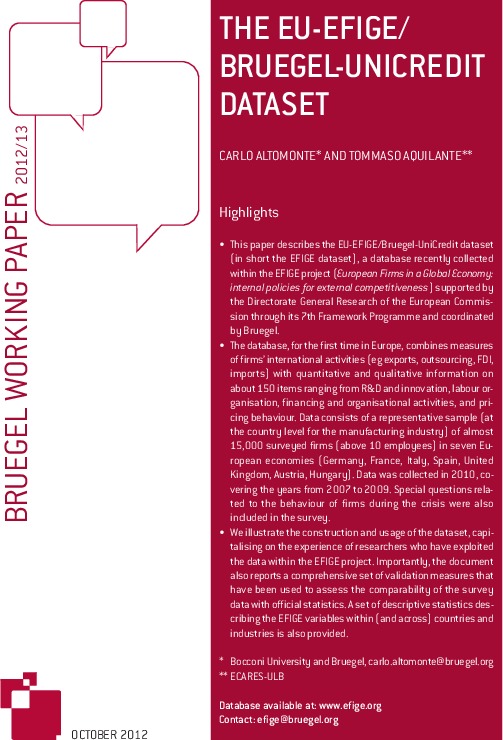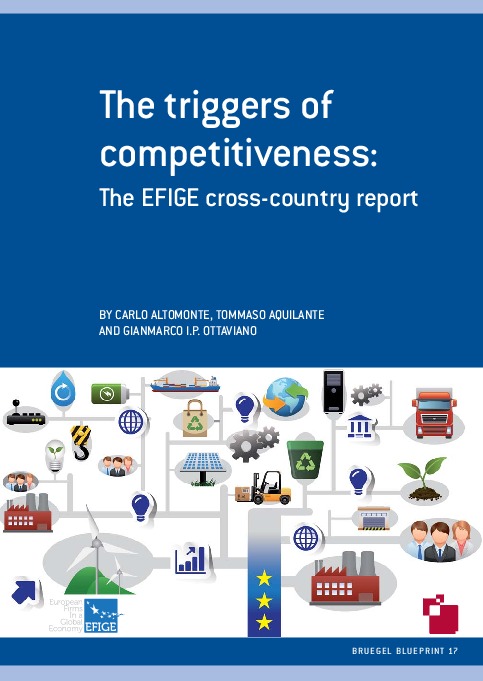External authors

Tommaso Aquilante
Assistant Professor of Managerial Economics, Birmingham Business School
Expertise: INTERNATIONAL TRADE, FIRMS & COMPETITIVENESS, INDUSTRIAL POLICY, POLITICAL ECONOMY CV: Download CV Twitter: @TomAquilante
Tommaso Aquilante is an Assistant Professor of Managerial Economics at the Birmingham Business School. He was awarded his BA and MSc in Economics from Bocconi University in Milan and his PhD in Economics from ECARES, at Solvay Brussels School of Economics and Management, in Brussels.
Tommaso worked as Affiliate Fellow and Research Assistant at Bruegel. Prior to that, he worked as a research assistant in the Econometric Modelling Division at the Directorate General Research of the European Central Bank in Frankfurt. He also worked at FEEM (Fondazione Eni Enrico Mattei) and at Bocconi University."
Tommaso‘s main research interests are international trade, political economy and competitiveness







